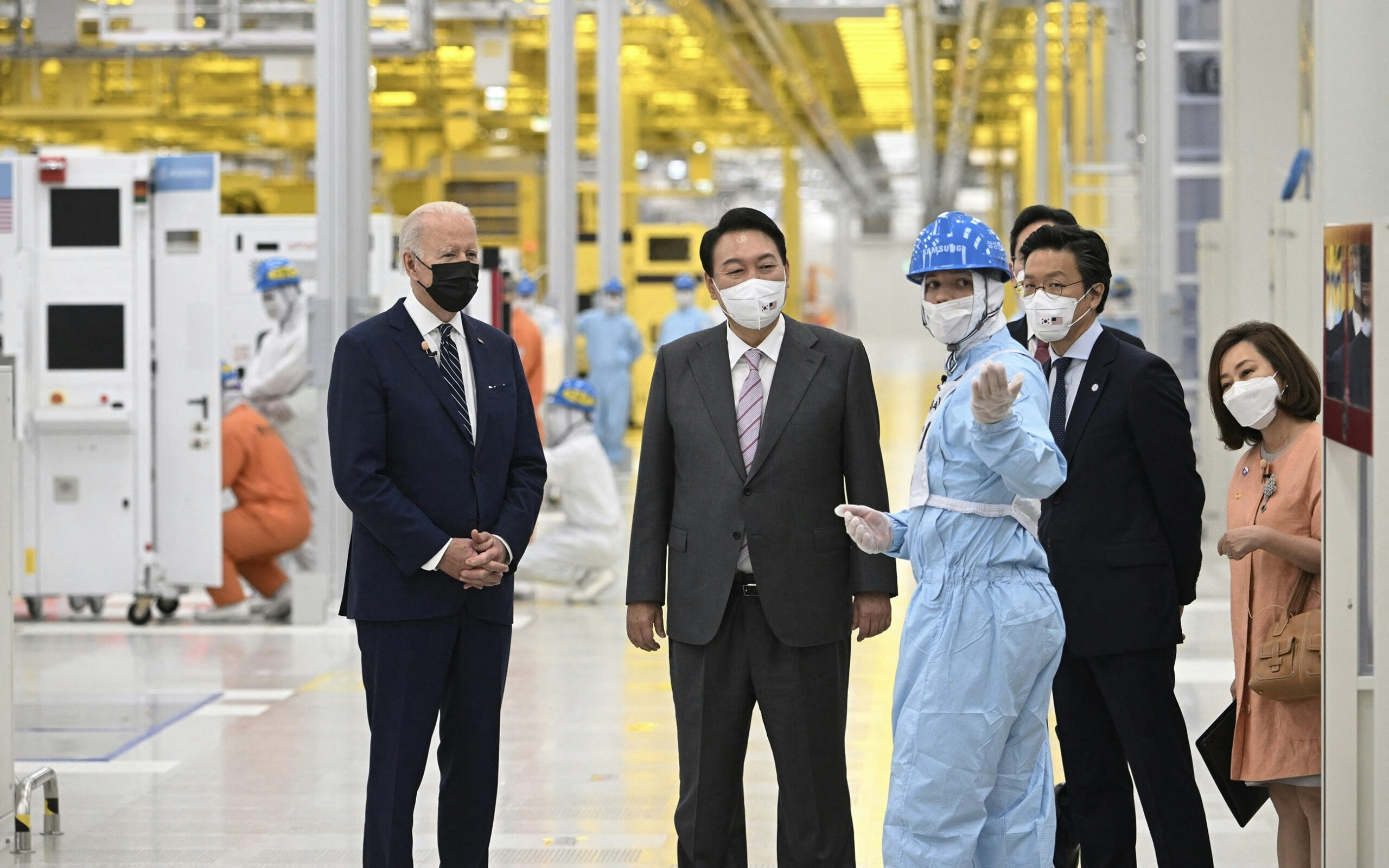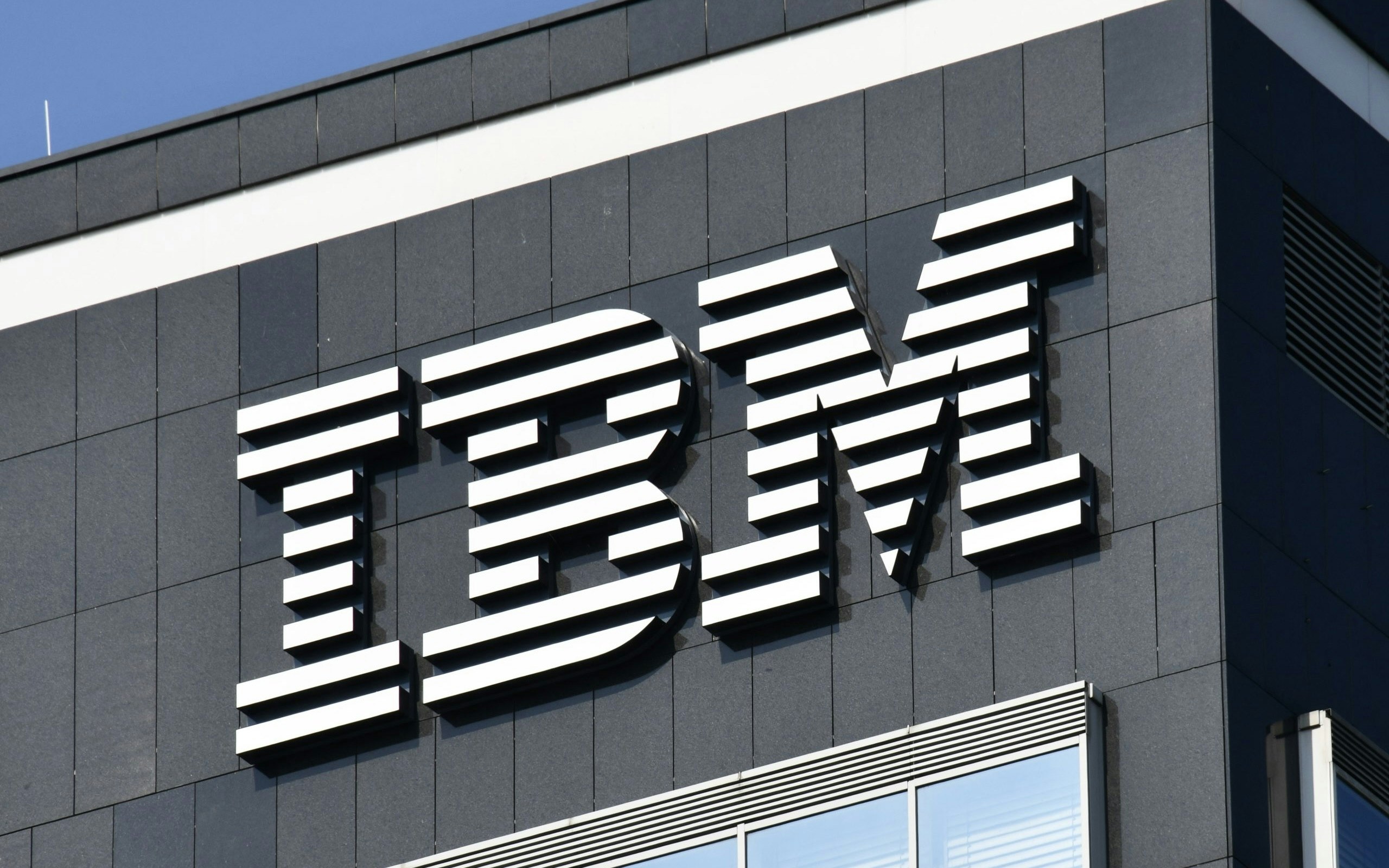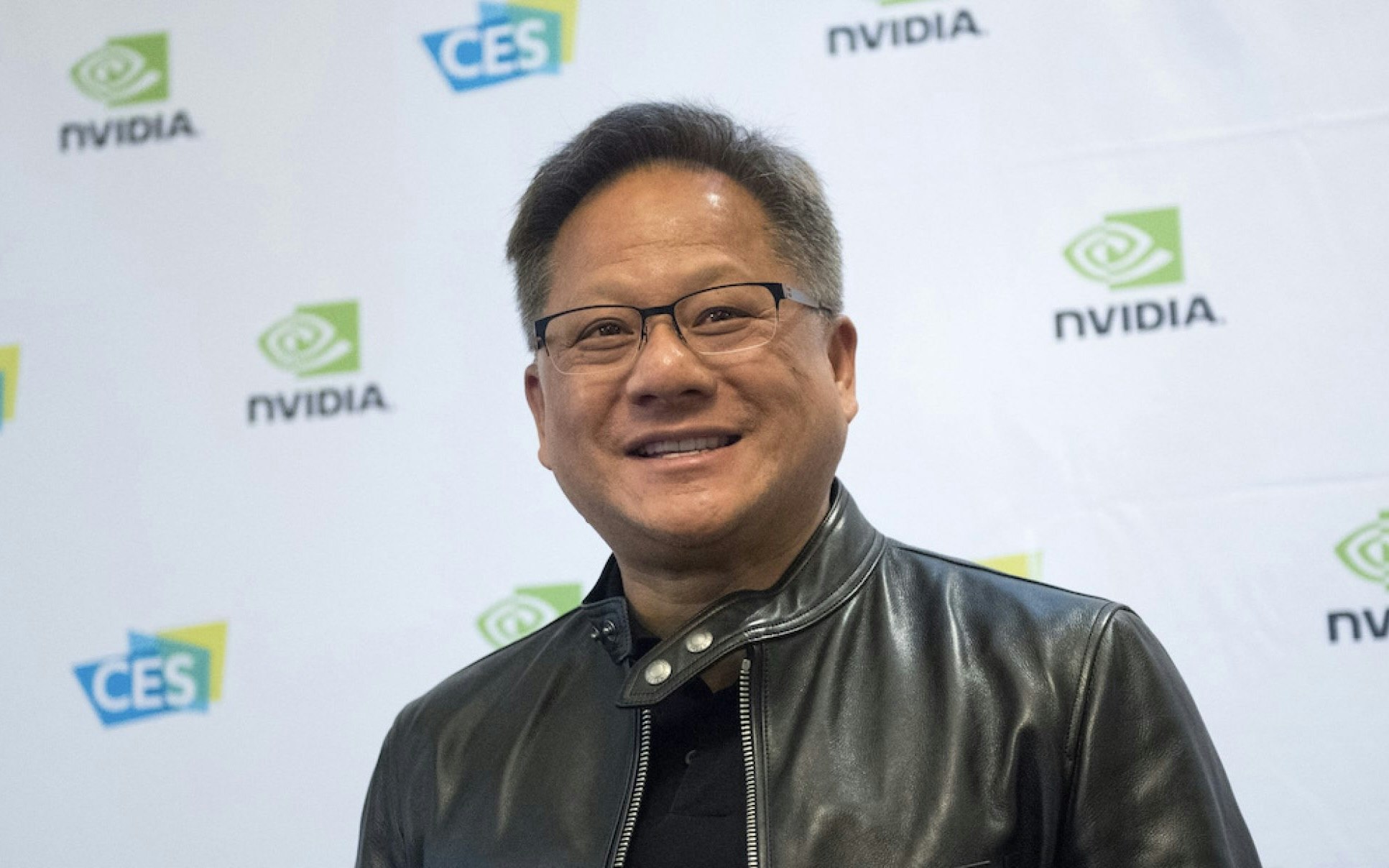Technology
Samsung secures $6.4 billion for Texas chip factories
The expansion includes a second factory, an advanced chip packaging facility, and expanded research and development capabilities.

Samsung Electronics, supported by a financial injection of up to 6.4 billion US dollars from the US government, is expanding its chip production facilities in Taylor, Texas massively. This investment, part of the Biden administration's CHIPS Act, aims to revive semiconductor manufacturing in the USA and to strengthen national security as well as economic growth.
The South Korean Company, Which Had Already Announced Plans in 2021 to Build a Chip Factory in Taylor, Now Plans to Increase Its Investments to About 45 Billion US Dollars. This Includes the Construction of a Second Factory, an Advanced Chip Packaging Facility, and Research and Development Infrastructures. The New Facilities Intend to Produce 4-Nanometer and 2-Nanometer Chips, Among the World's Most Advanced, Scheduled to Start Operations in 2026 and 2027, Respectively.
Samsung's Investment Is a Significant Step in the US Government's Strategy to Boost Domestic Production of Key Technologies Critical for National Security, Commerce Secretary Gina Raimondo Highlights the Vulnerability of US Supply Chains Currently Highly Dependent on Asian Suppliers. The Goal Is to Make the US Less Susceptible to Disruptions and Increase the Production of Advanced Logic Chips to About 20% of Global Capacity by 2030.
Samsung's Planned Chip Packaging Facility Will Specialize in 3-D Packaging for High-Bandwidth Memory (HBM), Crucial for AI Computing, as well as 2.5-D Packaging Technologies Enabling More Powerful Chip Systems for AI Computing.
In addition to the new production facilities, Samsung will also expand existing facilities in Austin to support industries such as aerospace, defense, and automotive. This strategic expansion underscores Samsung's role as a comprehensive provider in the semiconductor industry, manufacturing both memory and processor chips and offering advanced packaging solutions.
This step follows similar subsidies by the US government to other semiconductor manufacturers, including TSMC and Intel, and marks a significant intensification of American efforts to become more independent from Asian semiconductor productions while simultaneously advancing technological innovations.









